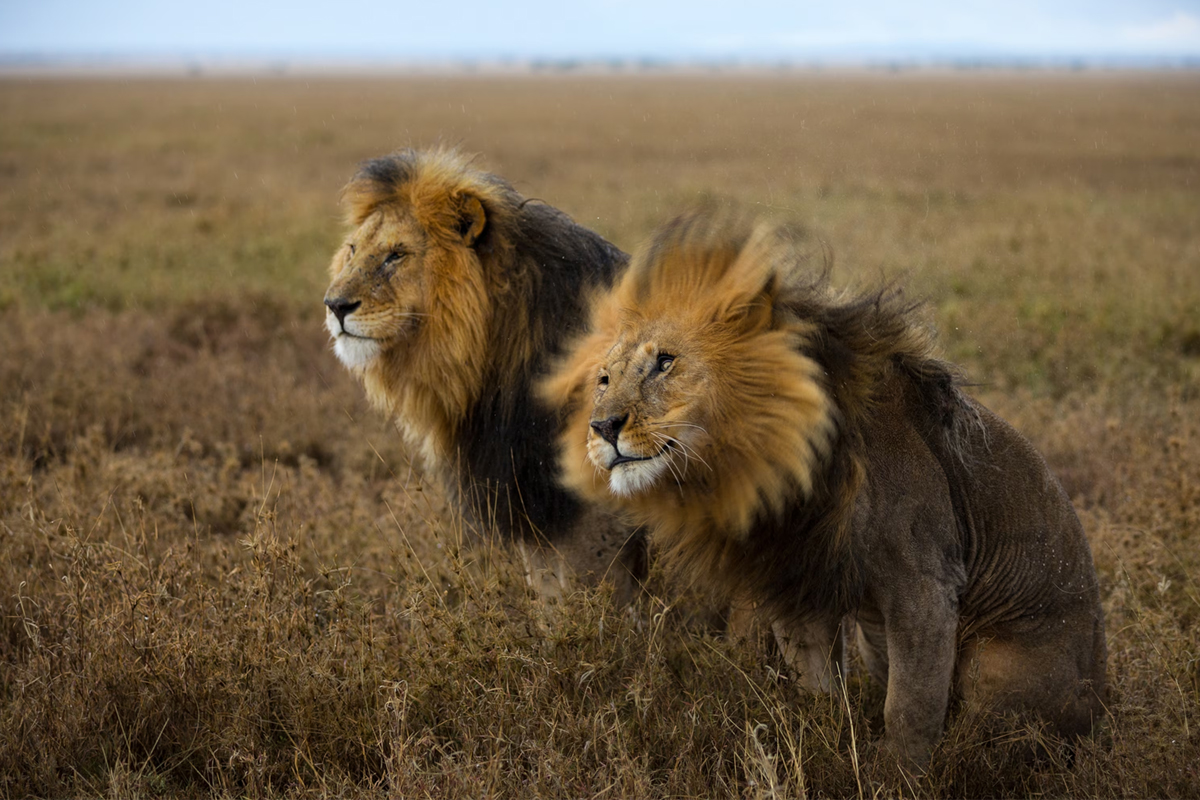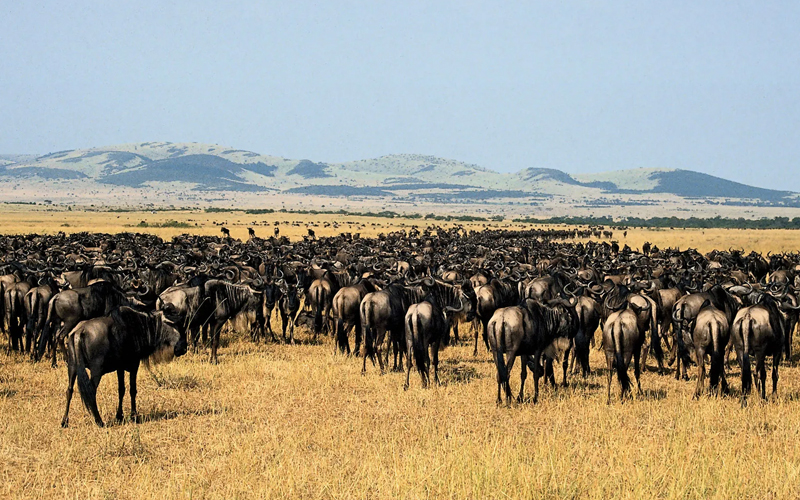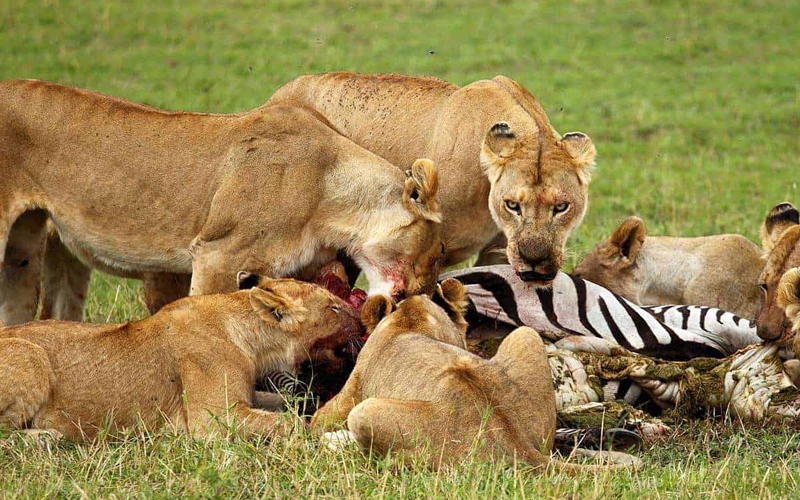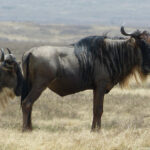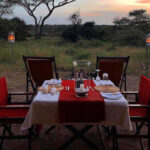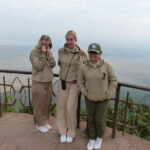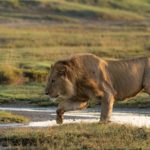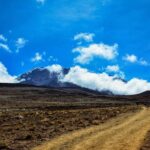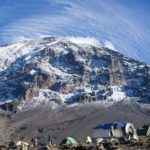Embarking on an African safari is a dream for many adventure seekers and wildlife enthusiasts. With its diverse landscapes, abundant wildlife, and rich cultural experiences, Africa offers some of the world’s most unforgettable safari adventures. To ensure you have a memorable and smooth safari experience, follow this comprehensive guide to planning your African safari.
A Guide to Planning an Africa Safari
Choosing the Right Safari Destination
- Popular Safari Destinations
Africa is home to numerous safari destinations, each offering unique experiences. Some of the most renowned safari locations include:
- Serengeti National Park, Tanzania: Famous for the Great Migration, where millions of wildebeest, zebras, and gazelles move across the plains.
- Masai Mara National Reserve, Kenya: Known for its abundant wildlife and the annual migration of wildebeest and zebras.
- Okavango Delta, Botswana: A unique inland delta offering water-based safaris and a rich diversity of wildlife.
- Kruger National Park, South Africa: One of Africa’s largest game reserves with a wide range of wildlife and luxurious lodges.
- Etosha National Park, Namibia: Characterized by its salt pans and diverse wildlife, including elephants and rhinos.
- Factors to Consider
When choosing a safari destination, consider factors such as the time of year, the type of wildlife you wish to see, and your preferred safari style (e.g., self-drive, guided tours, or luxury lodges).
Best Time to Go on Safari
- Dry vs. Wet Season
The best time to go on safari often depends on the destination and the wildlife experiences you seek:
- Dry Season (June to October): This is generally considered the best time for game viewing. Animals are easier to spot as they gather around water sources and vegetation is less dense. The weather is typically dry and sunny, making it ideal for outdoor activities.
- Wet Season (November to May): The wet season can be less crowded and offers lush landscapes and birthing seasons for many animals. However, some areas may be difficult to access due to rain and mud. This season is also known for spectacular birdwatching opportunities.
Choosing the Right Safari Type
- Guided Safaris: Guided safaris are led by experienced rangers or guides who provide valuable insights into the wildlife, ecology, and culture of the region. This option is ideal for those who prefer a structured experience with expert guidance.
- Self-Drive Safaris: Self-drive safaris allow you to explore at your own pace. This option is suitable for those who are comfortable navigating and prefer a more flexible itinerary. Ensure you are well-prepared with maps, permits, and safety precautions.
- Luxury Safaris: Luxury safaris offer high-end accommodations, personalized service, and exclusive experiences. These safaris often include stays in luxury lodges or tented camps with amenities such as private guides, gourmet meals, and spa services.
- Budget Safaris: Budget safaris focus on providing essential safari experiences at a lower cost. Options may include camping or staying in budget lodges. This type of safari is ideal for travelers looking to experience Africa’s wildlife without breaking the bank.
Packing Essentials for Your Safari
-
Clothing
- Neutral Colors: Wear lightweight, neutral-colored clothing (e.g., khaki, beige, olive) to blend in with the environment and avoid attracting insects.
- Layered Clothing: Bring layers to accommodate varying temperatures. Early mornings and evenings can be cool, while daytime temperatures may be warmer.
- Comfortable Footwear: Pack comfortable, durable walking shoes for game drives and walking safaris.
-
Gear and Equipment
- Binoculars: Essential for wildlife spotting and observing distant animals.
- Camera: Bring a good quality camera with zoom lenses to capture wildlife and landscapes.
- Sunscreen and Hat: Protect yourself from the sun with high-SPF sunscreen and a wide-brimmed hat.
-
Health and Safety
- Medication: Carry any necessary medications, including anti-malarial drugs if required for the region.
- First Aid Kit: Include basic first aid supplies for minor injuries or illnesses.
- Insect Repellent: Protect yourself from insect bites, especially in malaria-prone areas.
Booking Your Safari
- Research and Comparison: Research different safari operators and compare their itineraries, prices, and reviews. Look for reputable companies with good customer feedback and a focus on responsible tourism.
- Booking Early: Book your safari well in advance, especially if you plan to visit popular destinations during peak seasons. Early booking ensures you secure your preferred dates and accommodations.
- Travel Insurance: Purchase comprehensive travel insurance that covers safari activities, medical emergencies, and trip cancellations. Ensure the policy includes coverage for wildlife-related incidents.
Health and Safety Tips
- Vaccinations: Check with your healthcare provider about recommended vaccinations for the region you are visiting. Common vaccinations may include hepatitis A, hepatitis B, typhoid, and yellow fever.
- Local Customs and Etiquette: Familiarize yourself with local customs and etiquette to ensure respectful interactions with local communities. Follow guidelines provided by your safari operator and respect wildlife and natural habitats.
Enjoying Your Safari Experience
- Respect Wildlife: Observe wildlife from a safe distance and avoid disturbing animals. Follow your guide’s instructions to ensure a safe and respectful experience for both you and the animals.
- Stay Hydrated and Energized: Bring plenty of water and snacks to stay hydrated and maintain energy levels during game drives and activities. Safari days can be long, and it’s important to stay nourished.
- Embrace the Adventure: Be open to unexpected experiences and embrace the adventure. Safaris offer opportunities for unique wildlife sightings, stunning landscapes, and cultural encounters that may surprise and delight you.
Planning an African safari requires careful consideration of destination, timing, safari type, and packing essentials. By following this guide, you can ensure a well-prepared and unforgettable safari experience. Whether you’re seeking the thrill of wildlife encounters, the tranquility of nature, or the cultural richness of Africa, a safari promises the adventure of a lifetime.
FAQs
1. What is the best time of year to go on an African safari?
The best time for a safari largely depends on the destination and the type of wildlife you want to see. In general, the dry season (June to October) is preferred for game viewing as animals are more concentrated around water sources and the vegetation is less dense. The wet season (November to May) offers lush landscapes and birthing seasons for many animals, but some areas might be less accessible due to rain.
2. Do I need a visa to visit an African safari destination?
Visa requirements vary by country and nationality. Most African safari destinations require a visa for entry. It’s important to check the specific visa requirements for your destination well in advance of your trip. You may need to apply for the visa online, at an embassy, or upon arrival.
3. What vaccinations are needed before going on safari?
Vaccination requirements depend on your destination and current health guidelines. Common recommendations include vaccinations for hepatitis A, hepatitis B, typhoid, and yellow fever. Malaria prophylaxis may also be recommended, depending on the area you’ll be visiting. Consult your healthcare provider or a travel clinic for the latest recommendations.
4. How can I protect myself from malaria on safari?
To protect yourself from malaria, take anti-malarial medication as prescribed by your healthcare provider. Additionally, use insect repellent containing DEET, wear long-sleeved shirts and long pants, and sleep under a mosquito net if staying in areas where malaria is prevalent.
5. What should I pack for a safari?
Essential items for a safari include lightweight, neutral-colored clothing, comfortable walking shoes, a wide-brimmed hat, sunscreen, insect repellent, binoculars, and a camera. It’s also wise to bring a good quality first aid kit and any personal medications you may need.
6. Are safaris safe for children?
Safaris can be safe and enjoyable for children, but it’s important to choose a family-friendly safari operator and ensure that the itinerary is suitable for their age and interests. Some safari lodges and camps offer special activities and amenities for children. Always follow safety guidelines and ensure that children are supervised during game drives and other activities.
For an extraordinary Tanzanian adventure, explore the following highlights on our site:
- Arusha National Park
- Climbing Kilimanjaro
- Kilimanjaro Climb Packing List
- Kilimanjaro FAQs
- Cultural Tour
- Day Trip Tours
- Lake Manyara National Park
- Ngorongoro Crater
- Serengeti National Park
Visit our page for detailed information and tips to make the most of your Tanzanian journey.

